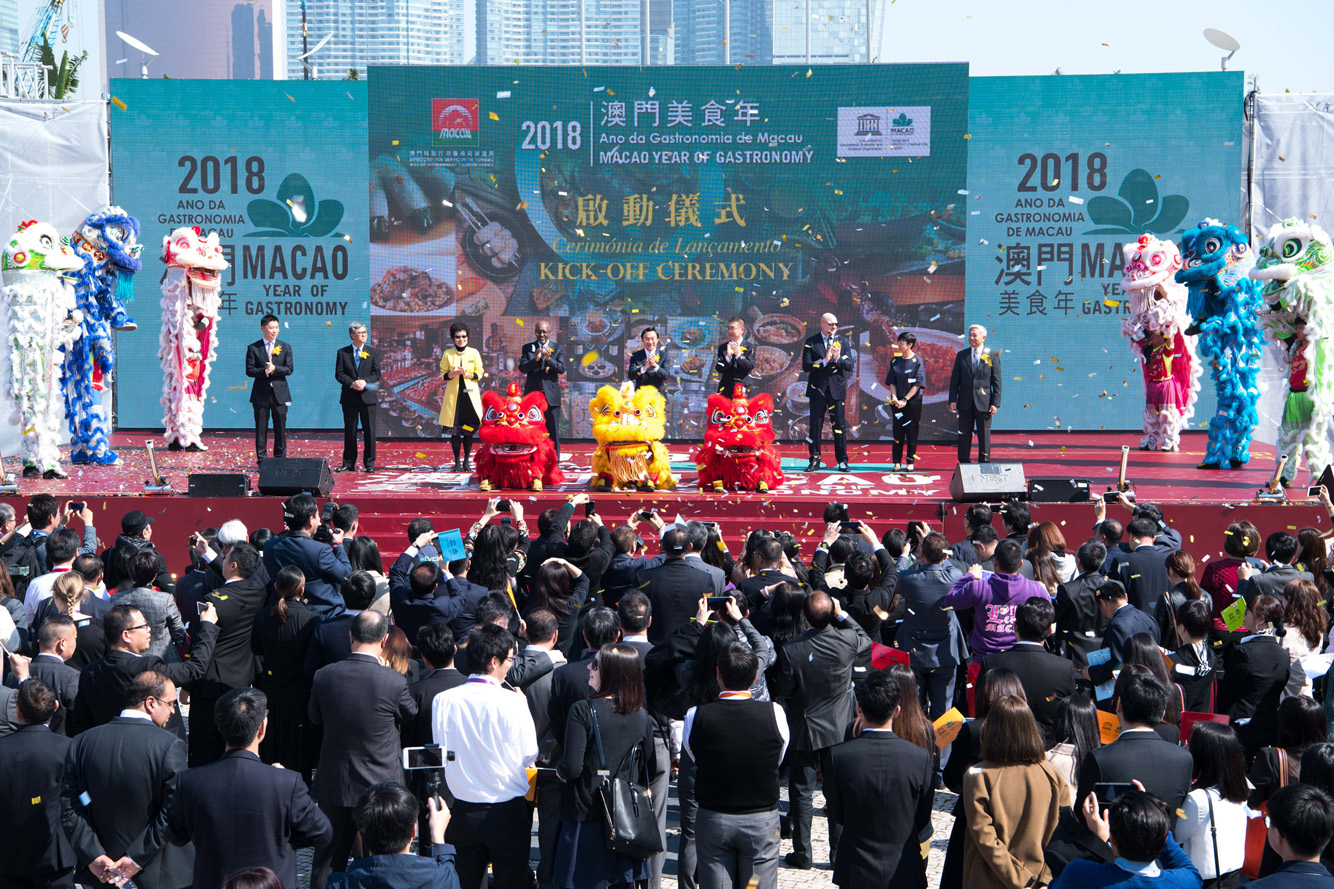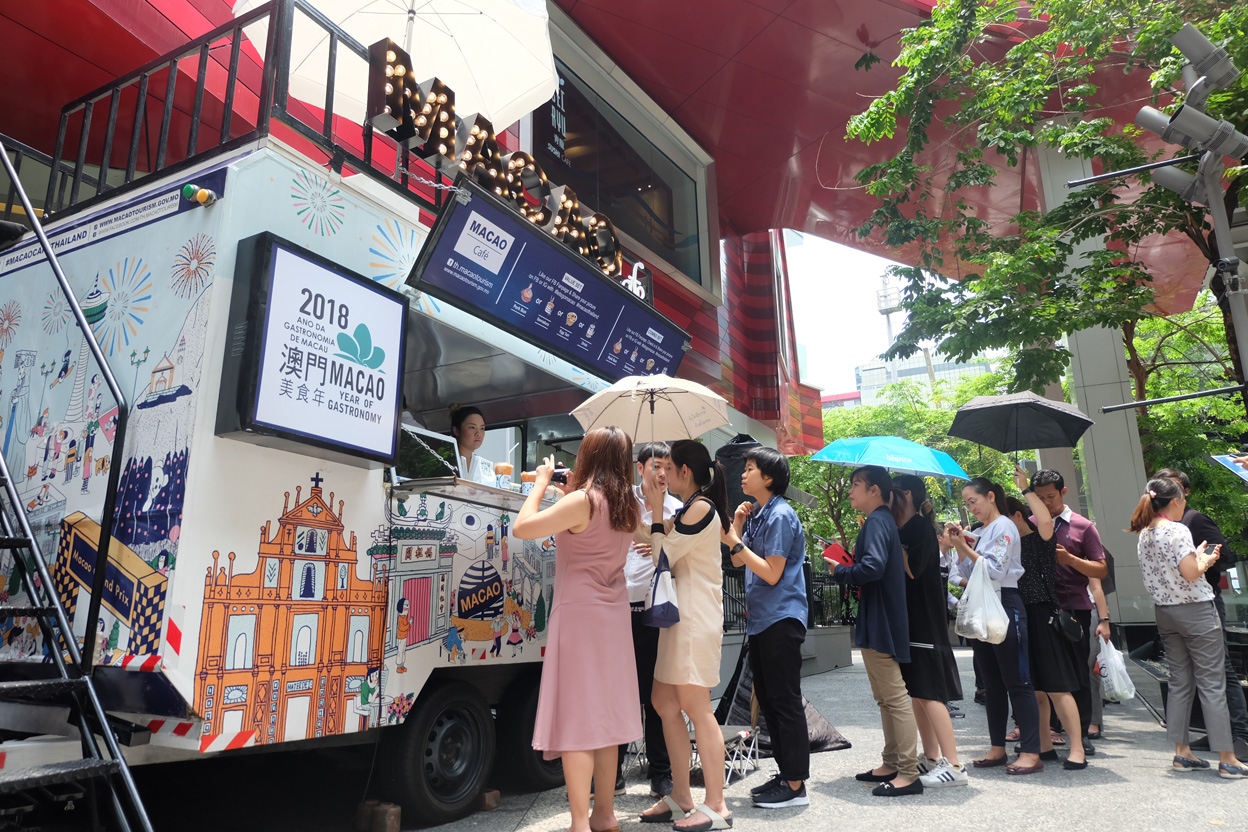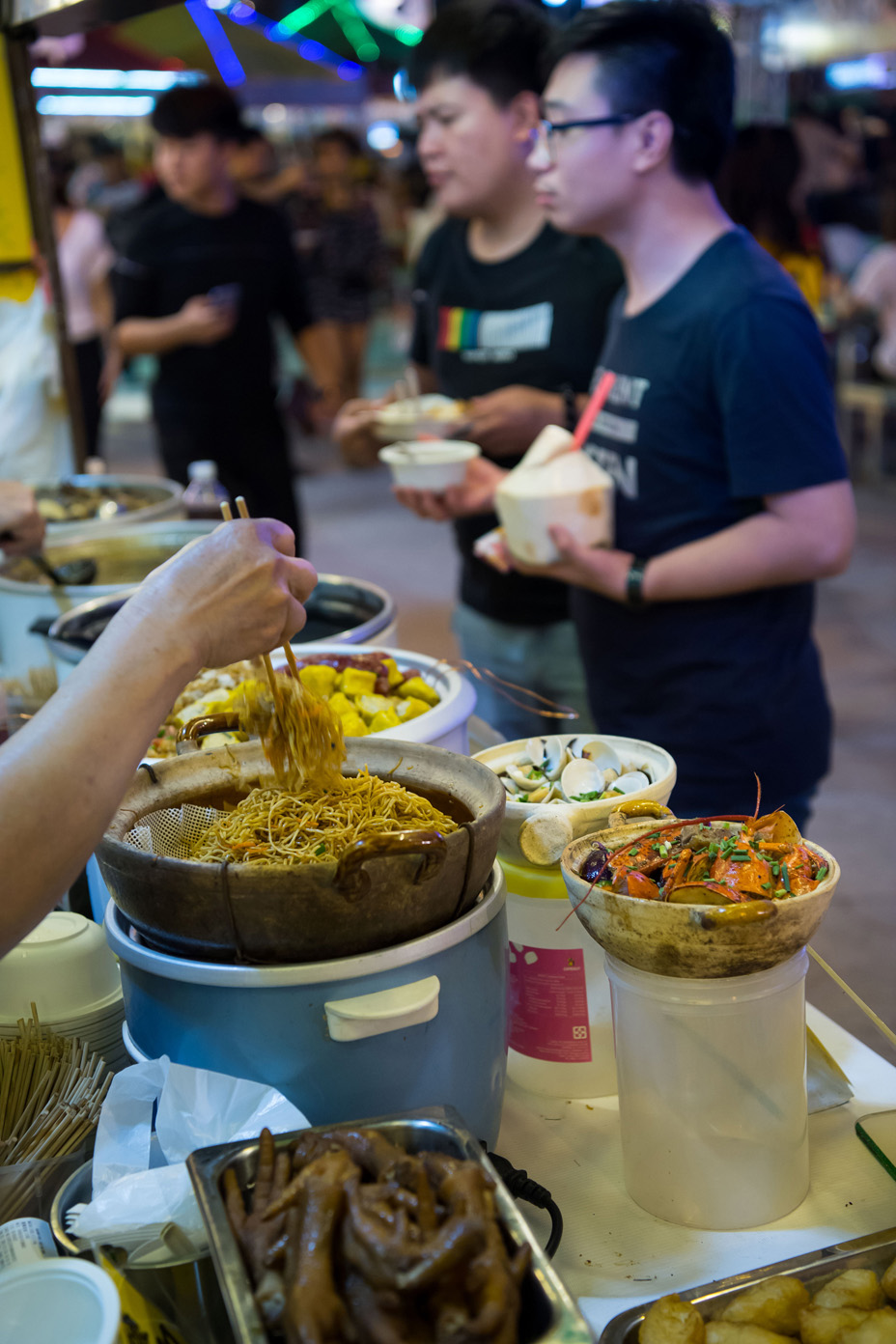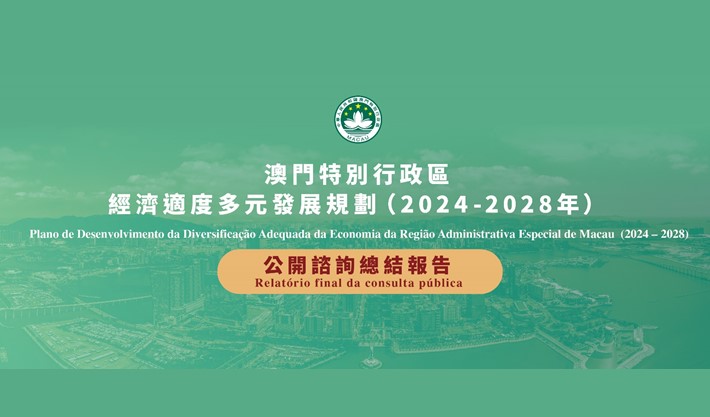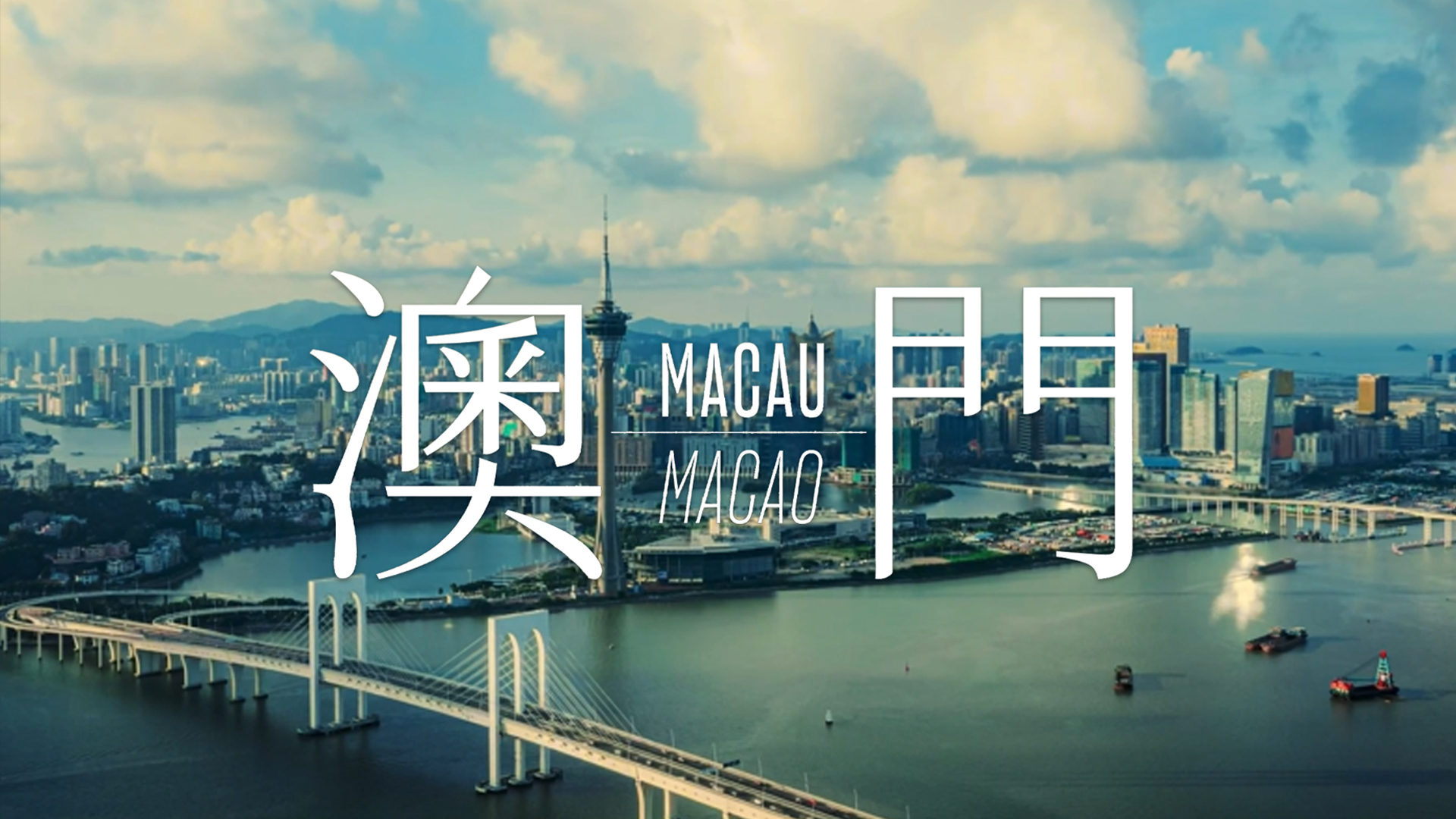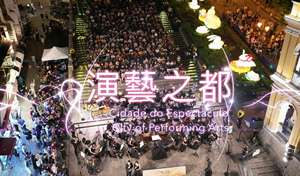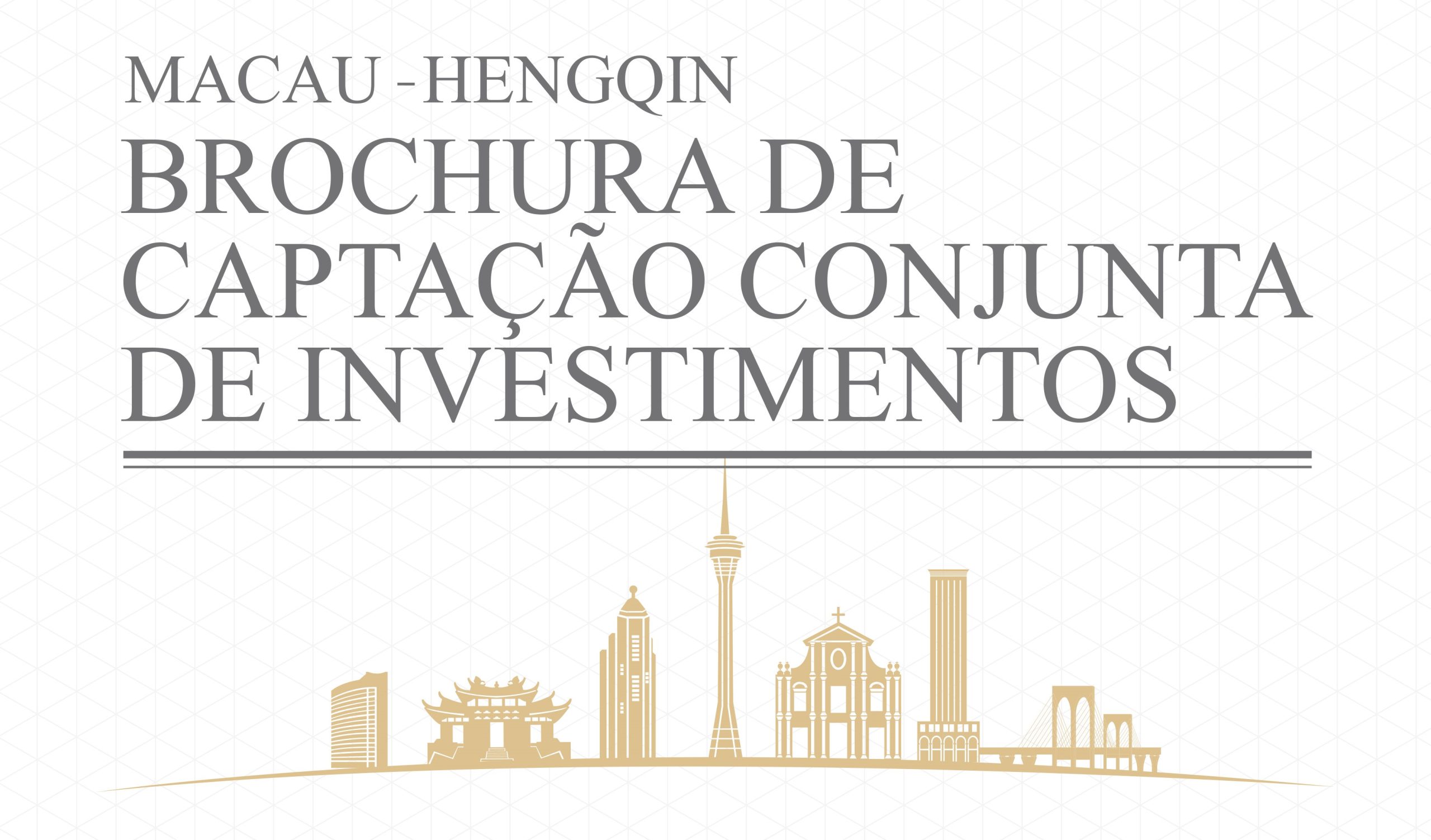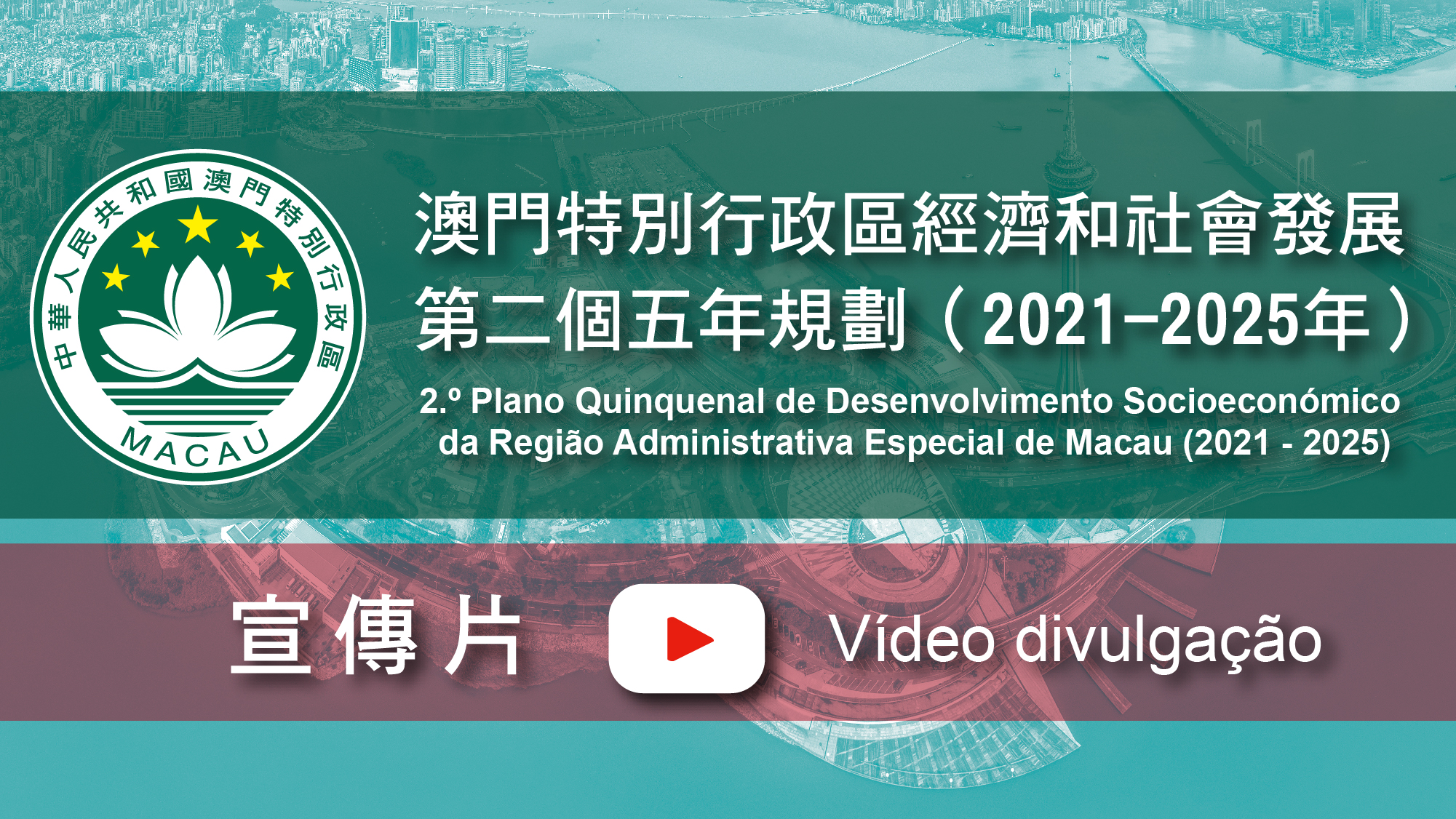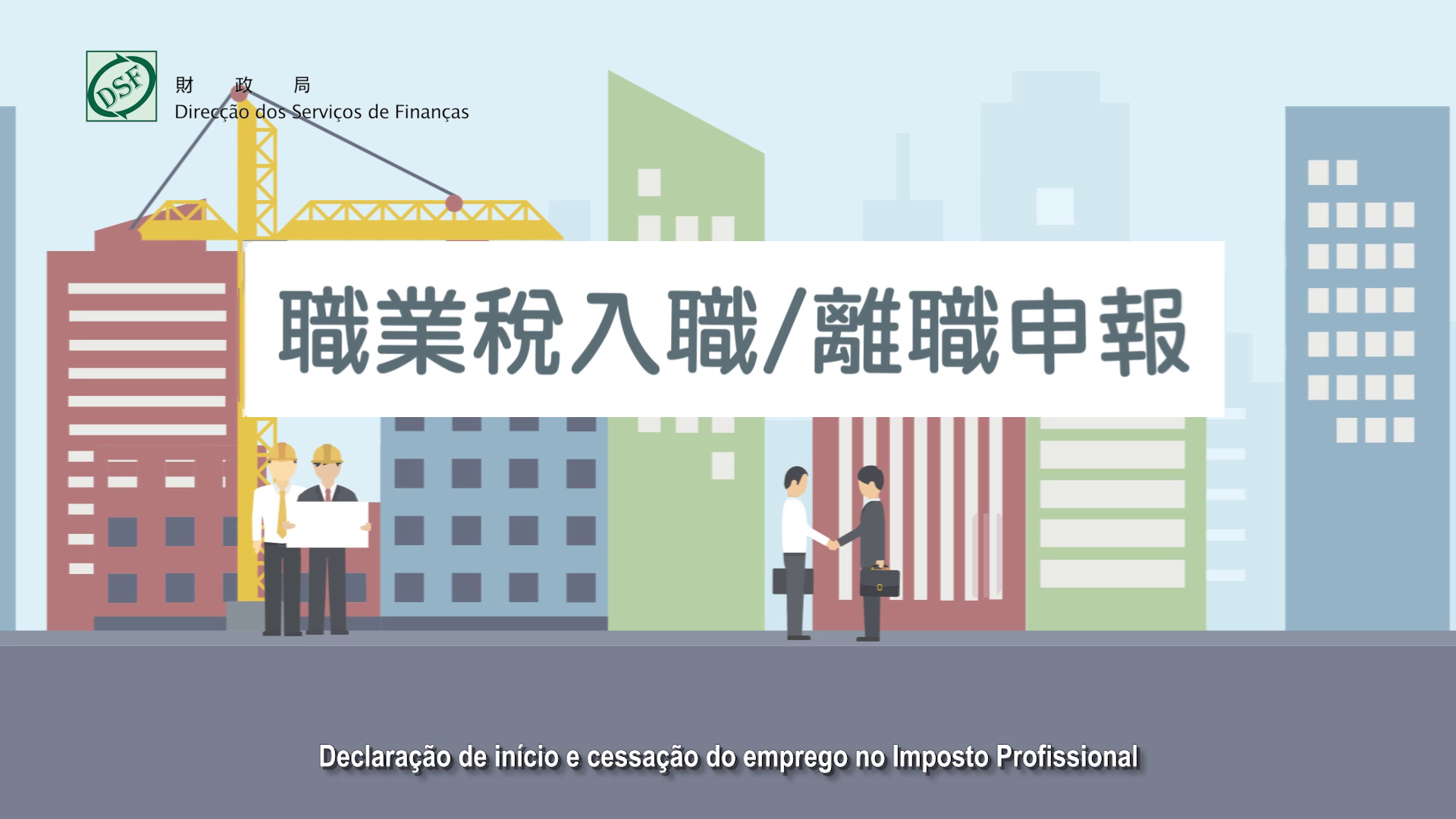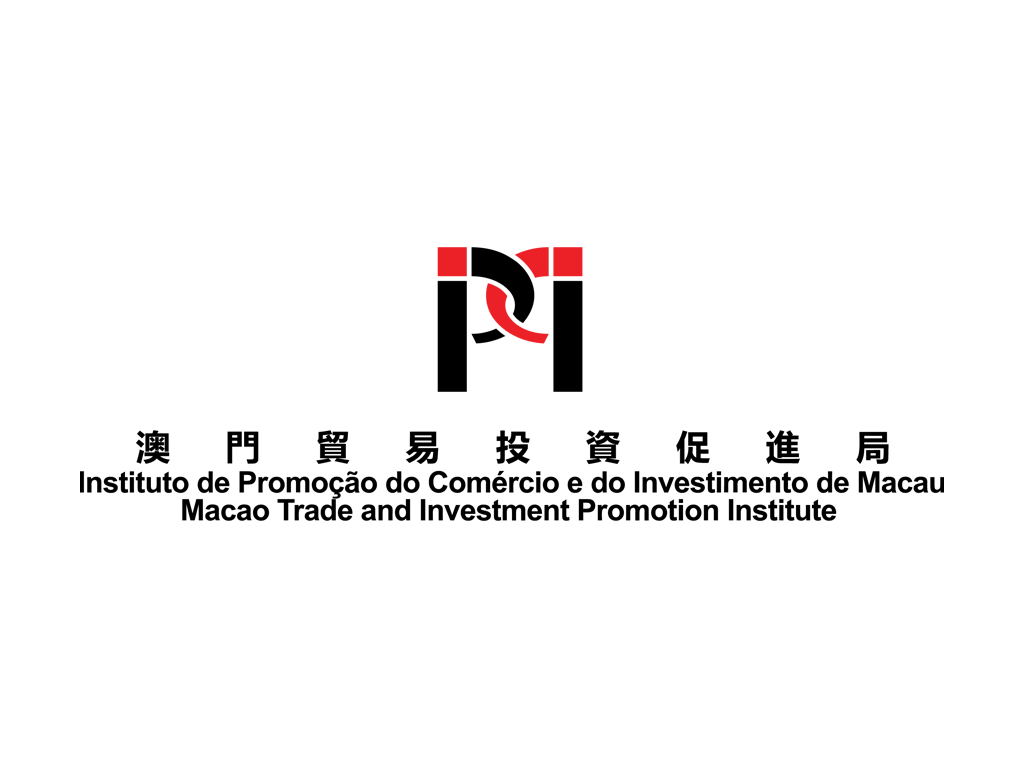Pesquisar
Pork-chop buns, Portuguese egg tarts, almond cakes: these delicacies are the tastes of Macao that every visitor to the city is bound to try. But there are even more intriguing flavours to be found within the thirty-some square kilometres of the city.
Chairman of the Association of Great Food Merchants of Macao Leong Si Iao says that Macao’s recent recognition as a UNESCO Creative City of Gastronomy may make people more aware of delicacies to be discovered in places where tourists rarely venture, while standardising the operation of the food and beverage industry in Macao.
Mr Leong says enterprises should make use of new media and grasp the opportunities to take part in exhibitions and trade fairs abroad to promote the food Macao offers.
Street fare
Having had its historic centre inscribed on the World Heritage List by the United Nations Educational, Scientific and Cultural Organization (UNESCO) in 2005, Macao received further international recognition on 1 November 2017 when it was made a member of the UNESCO Creative Cities Network in the field of gastronomy. Macao became the third Chinese city to gain membership, after Chengdu and Shunde.
After Macao joined the network, the Macao SAR Government began taking a series of measures to promote the city as a gastronomic destination, and will put into action a four-year plan to strengthen its position as a UNESCO Creative City of Gastronomy. The authorities have designated 2018 as the Macao Year of Gastronomy.
Mr Leong says that Macao has a history of more than four centuries of openness to the outside world, with almost two decades under the administration of the People’s Republic of China. The mixture of Chinese and Western cultures has been evolving in this city all these years, which is also reflected in its food – especially in Macanese cuisine, the product combining the culinary talents of the Chinese and the Portuguese, he says.
As many restaurants in Macao are family-run businesses, micro-businesses, or small and medium-sized enterprises, Mr Leong says, they guarantee the quality of the dishes they serve and so remain popular. Being a UNESCO Creative City of Gastronomy may enhance the international standing of Macao as a place to eat, particularly the reputation of the food and drink outlets in back streets and alleyways where tourists have rarely ventured before.
Broad perspective
Mr Leong says that for the past few years, even before Macao became a UNESCO Creative City of Gastronomy, many of its people have been investing in the food and drink business, especially since the Macao SAR Government instituted its Young Entrepreneurs Aid Scheme. Many young entrepreneurs have used money they borrowed through the scheme to open novel and unique outlets for food and drink, and achieved success in their endeavours, he says.
“Almost all outlets use similar ingredients, and the key to making your food and beverage business stand out is maintaining your operating standards,” he says. Standards in the food and drink industry could now become more uniform, he notes.
Mr Leong believes that to make Macao food better-known, businesses in the city should take part in more exhibitions and fairs abroad to show how singular Macao delicacies are, and to broaden their horizons. For instance, the 2018 Macao-Guangzhou Products Fair had a pavilion for Macao delicacies, where Macao purveyors prepared various Macao dishes on the spot and served them to visitors. The dishes included Portuguese-style roast suckling pig and serradura. The 2018 Macao-Guangzhou Products Fair was arranged jointly by the Macao Trade and Investment Promotion Institute (IPIM) and the Guangzhou Municipal Commission of Commerce, and was held in Guangzhou in January.
The Association of Great Food Merchants of Macao led a party of Macao business people that exhibited at a food fair held in Beijing in April this year. Mr Leong says the response to the invitation to exhibit was better than he expected. At first he thought about 20 representatives of businesses would join the party, but in the end more than 30 joined.
Torch bearers
Arranging for purveyors to exhibit in trade fairs is just one of the ways the Association of Great Food Merchants of Macao promotes Macao food. Mr Leong says the association was formed in 1996 and now has more than 100 members, which together run about 200 establishments. He describes the purposes of the work the association will do in the next three years as “uniting traditional outlets, emphasising their heritage, and being creative and innovative”.
The association hopes to burnish the reputation of Macao as a UNESCO Creative City of Gastronomy and to enrich the basis of that reputation by intertwining the history of the city with the food the city offers, Mr Leong says. He says the association hopes to do so by helping preserve the heritage of typical old-fashioned establishments serving food and drink, and by speaking up for tourism in Macao. Some typical old-fashioned establishments have closed because they were unable to find staff, keep up with increases in rents or because the younger generation was reluctant to take over family-run businesses.
The association recently formed a panel of food critics who help micro-businesses and SMEs in the food industry to make inexpensive advertising videos to be shown in the social media. “Social media are an important vehicle for promotion,” he says. “In this information era, people may not have time to engage in communication in detail. Short advertising videos can maximise the efficiency of promotion.” Merchants report that advertising in the social media brings in more customers and increases business, showing that the panel of food critics has had some success, he says.
To take the opportunities arising from its becoming a UNESCO Creative City of Gastronomy, Macao should improve its information technology infrastructure to keep up with current developments, Mr Leong says. Electronic payment services such as Alipay and WeChat Pay are used widely in Mainland China, but need more time to establish themselves in Macao, he says. And the Wi-Fi coverage in the city is insufficient, he says, so he hopes the Government will endeavour to have the coverage of free Wi-Fi extend to more places across the city.
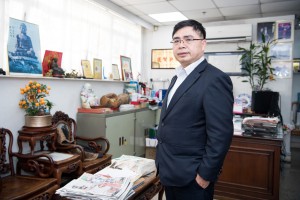
Leong Si Iao, Chairman of the Association of Great Food Merchants of Macao

“Almost all outlets use similar ingredients, and the key to making your food and beverage business stand out is maintaining your operating standards.” Leong Si Iao, Chairman of the Association of Great Food Merchants of Macao
